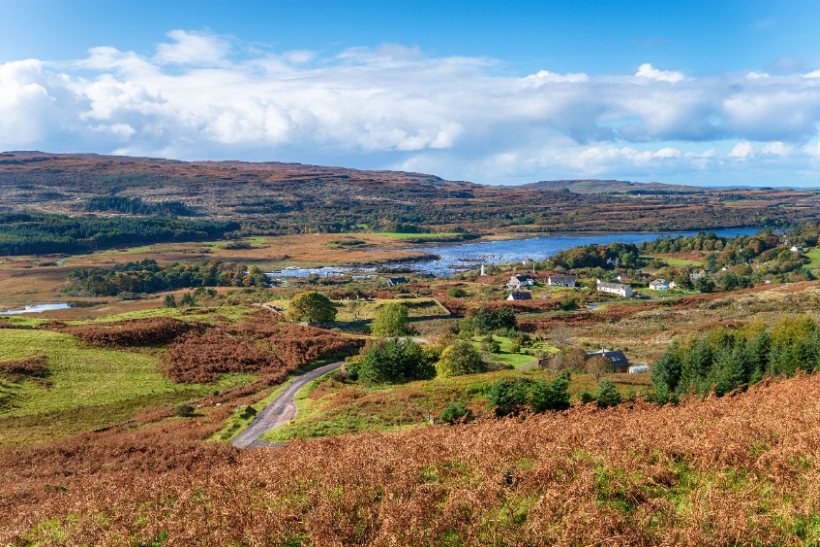
Scotland's rural communities risk entering 'severe fuel poverty' this winter after 'falling between the cracks' of the UK government’s energy support scheme.
The government has been told to take action by rural organisations to alleviate the huge cost pressures being placed on those living ‘off-grid’ and relying on solid fuels, heating oil, and tank-delivered gas.
According to the Scottish Land & Estates (SLE), a group consisting of rural businesses, it is estimated that around one-third of rural houses in Scotland use off-grid fuel.
Residents living in off-grid houses have been granted a £100 one-off Alternative Fuel Payment to their to their electricity bill account – but this is set against a huge hike in fuel costs.
Heating oil, for example, has risen in price from 59p per litre (when purchasing 1,000 litres) to 106p between October 2021 and October 2022, according to data obtained from boilerjuice.com.
There are estimated to be approximately 130,000 homes using heating oil in Scotland.
By contrast, the UK government has said the Energy Price Guarantee – which caps prices at £2,500 for average households supplied through mains gas and electricity – will save urban households around £1,000 per annum.
Over the winter months – October to March – that amounts to a saving of £500, making the off-grid £100 payment just one fifth of the equivalent urban support.
SLE said it was vital that the UK government took 'immediate and swift action' to bring support for rural communities into line with urban areas.
Sarah-Jane Laing, chief executive of SLE said: “The huge hike in fuel prices for off-grid housing – predominantly in Scotland’s rural areas – is really starting to bite as winter fast approaches.
“The UK government’s intervention on energy prices was commendable but as happens all too often in public policy, rural communities have fallen between the cracks and are receiving next to no help as energy crisis continues."
The Chancellor has signalled an end to the current energy scheme in April but SLE are urging the government to increase the Alternative Fuel Payment immediately to bring it into line with the assistance being received by urban areas.
Rural communities already need to contend with higher fuel prices and additional transport costs due to their location, and there is the added factor of rural houses often suffering from poorer insulation.
Ms Laing added: “We’ve also heard of examples of our members assisting tenants with the cost of heating oil which is a commendable gesture but also highlights the lack of support available to rural dwellers.
“The finance pressures on government are well publicised but there should be parity in the help provided for rural and urban households.”
Lizzie Campbell, who lives in the Black Isle in the Highlands and works as a land manager, said the challenges faced by rural areas have not been sufficiently well recognised by government and energy firms.
She said: “Our energy costs are around £4,300 per annum as a result of the huge price rises. Our electricity bill has more than doubled and heating oil which used to cost approximately £800 per year is now around £1,800.
“We are fortunate that we live in a modern and well-insulated house, and can manage to make ends meet, but there are many people using heating oil in rural Scotland who are not in a good position and have received very little support.
"There is a feeling amongst many people that rural communities have been left behind by the energy support scheme.”
